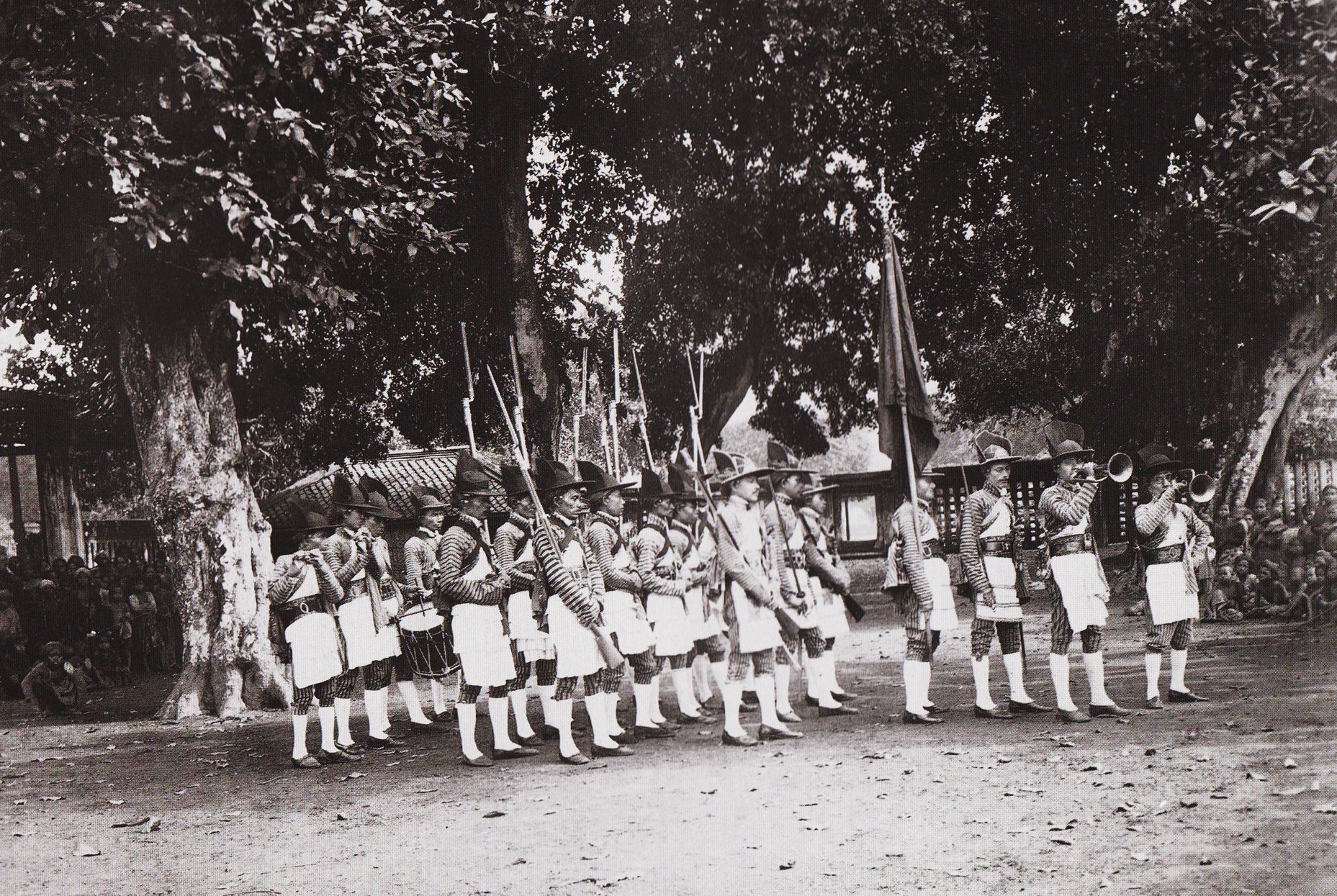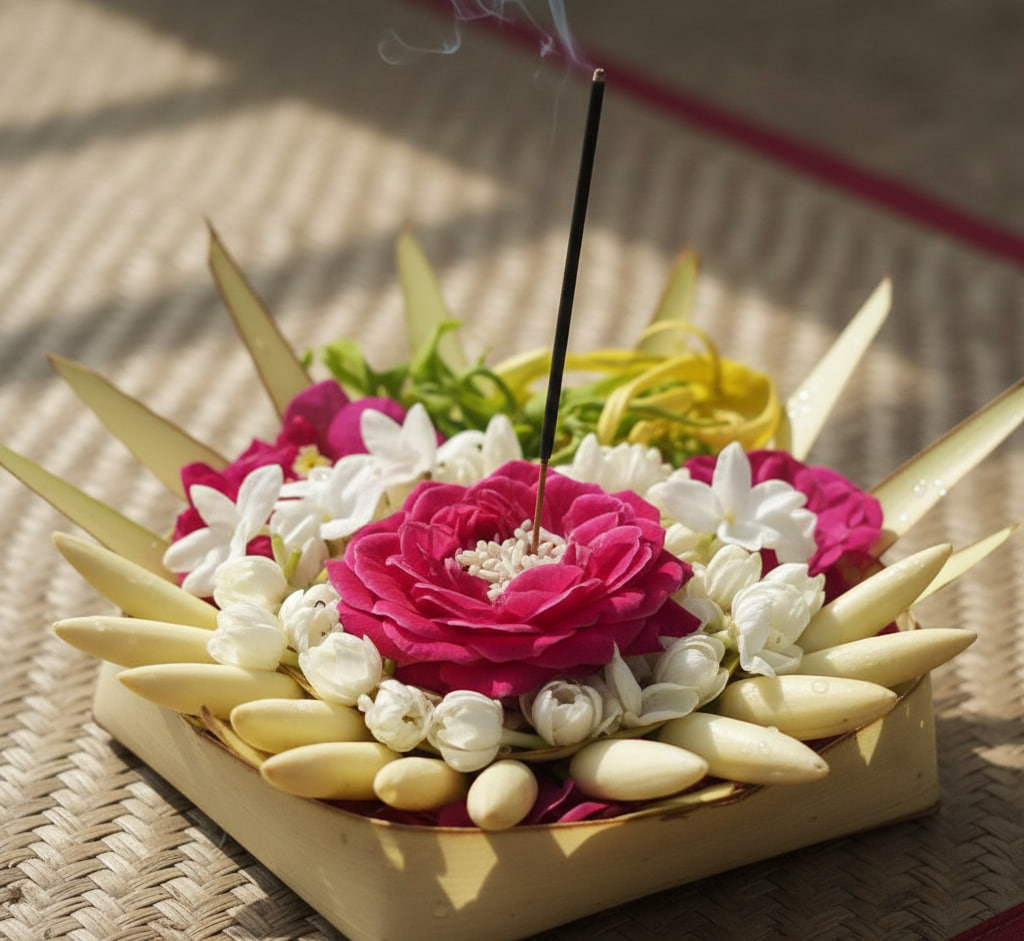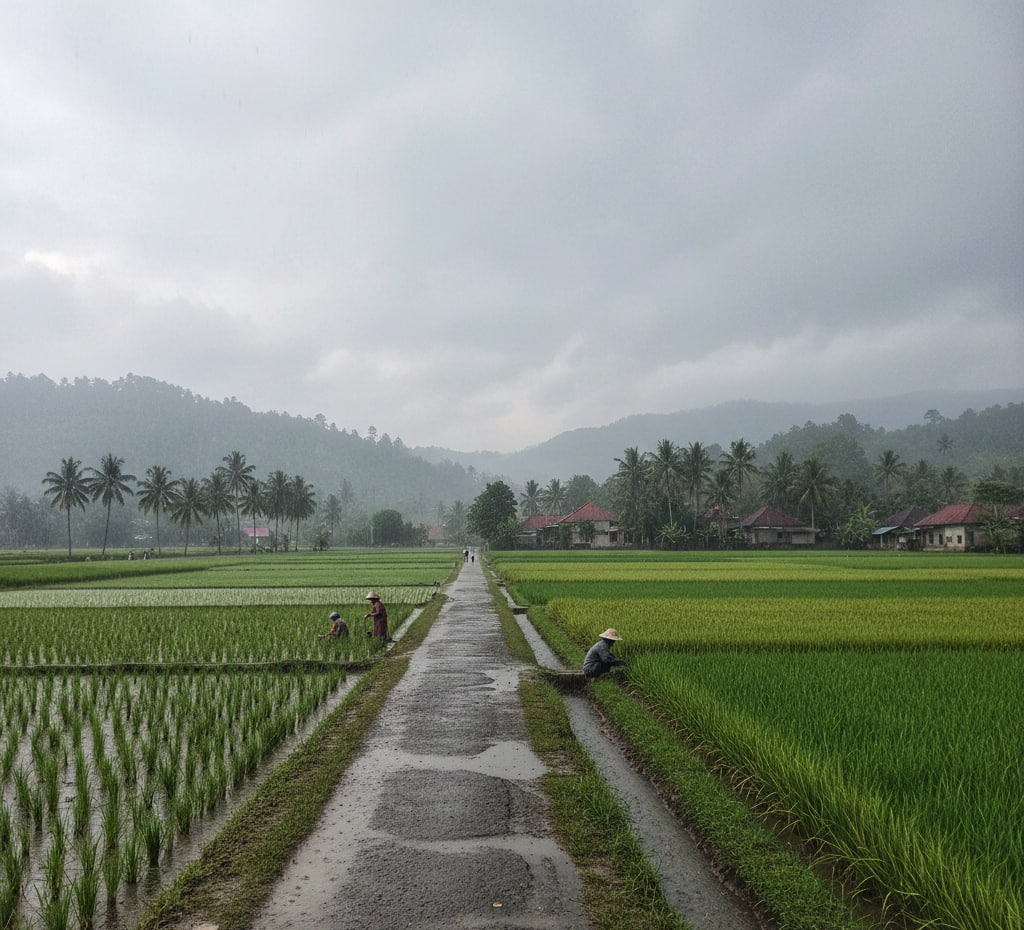News
Sana Budaya : From Orientalism until Nasionalism 4
The situation where the Dutch did not know the indigenous language and culture well at that time was indeed quite ironic, when compared to the colonial practices carried out by the British against India, Singapore, the Malay Peninsula, and Java in the past. Although the British occupied the colony for a short period of time, they would seek various institutions to conduct scientific studies of the history of indigenous culture. For example, as in Malacca, the British founded the Anglo-Chinese College in the nineteenth century, while the Javanese Thomas Stamford Raffles gave birth to the usual history book, History of Java.
Then it was proposed by his very famous subordinate, John Crawfurd with the book History of the Indian Archipelago. And this is what makes the situation quite ironic, where the Dutch have been entrenched in Java for a very long time and live with the community, accounting for approximately 230 years of impact (counting until the end of the Java War in 1830), but the Dutch have never had a serious interest. to make the same effort as the British, towards the culture and society in Java.
The first thing to do was the establishment of a center for the study of Javanese in Surakarta or the Instituut Voor de Java Taal in 1832, based on Gericke's criticism which was approved by JC Baud, the colonial ministry official. Led directly by Gercike, the institute has 9 members, the influential ones are Carel Frederick Finter, a Javanese translator at the Surakarta Palace, JW Wilkens who has the same profession in Surakarta, and their job is to educate Dutch colonial officials to understand Javanese language.


